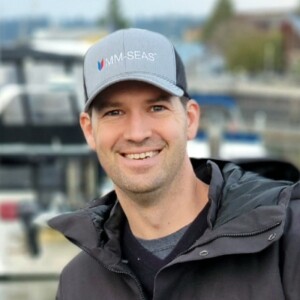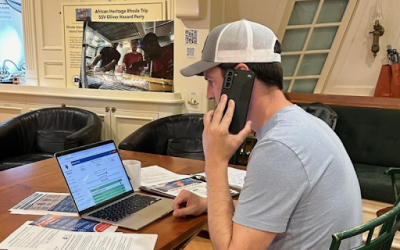The Coast Guard temporarily revised the policy for obtaining an STCW able seafarer-deck (AS-D) endorsement by simplifying the sea service requirement.
Historically, documenting the sea time required for an STCW AS-D endorsement was complex and confusing. This was due to the sequencing of the numerous steps involved, typically holding STCW basictTraining, 180 sea days in the deck department, and completing the RFPNW checklists/assessments before your sea days started counting towards the AS-D endorsement.
Now to add the STCW AS-D endorsement to your able seaman endorsement is as straightforward and simple as 360 days of sea service in the deck department and completing an STCW AS-D course or 540 days of sea service in the deck department and completing the Record of Assessment for Able Seafarer – Deck from NVIC 14-14. This temporarily revised policy will be in effect until Dec. 22, 2026.
You will still need to hold an able seaman rating as well as STCW RFPNW, STCW basic training and either Proficiency in Survival Craft or Proficiency in Survival Craft - Limited to qualify for the STCW AS-D endorsement.
An AS-D endorsement is an STCW supplement endorsement to your Able Seaman Coast Guard Deck rating. The International Maritime Organization STCW Able Seafarer - Deck rating and the USCG Able Seaman ratings are completely different endorsements that are both issued by the U.S. Coast Guard. You must hold at least one of the USCG Able Seaman ratings to qualify for holding an STCW Able Seafarer - Deck rating.
“Thank you to the Coast Guard and their hardworking team for listening to the needs of the workforce to ensure industry can provide qualified mariners to assist national security, safety and the shipping industry flourish,” said Augie Tellez executive vice president of the Seafarers International Union.
The STCW AS-D rating is required for sailing on Military Sealift Command vessels, U.S. government vessels, large commercial ships as well as a few tugboats working internationally.
The maritime industry should applaud the Coast Guard on their efforts for streamlining and simplifying the process while also pushing for this temporary policy to become permanent. These improvements will continue to strengthen our national security and help support the pipeline of fully qualified mariners in the U.S.


 to work on the vessel.png.medium-cropped.800x500.png)

 that just arrived in the mail.png.small.400x400.png)
